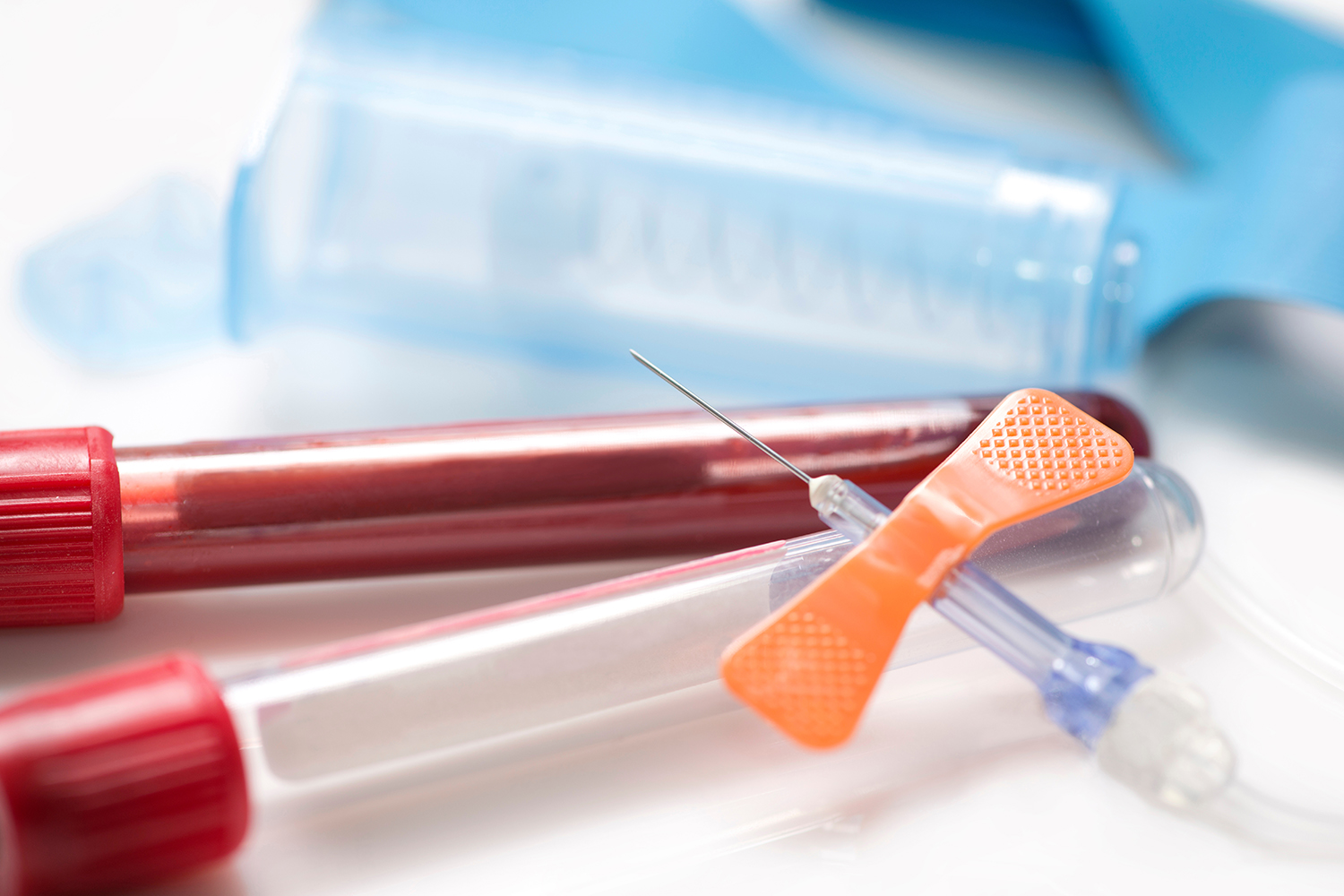More about the program:
The Phlebotomy Technician Certificate Program provides students with the specialized knowledge and skills required of an entry
level phlebotomist. The phlebotomist is responsible for the proper collection and
processing of blood specimens and various other medical samples in accordance with
Occupational Safety and Health Administration (OSHA) safety regulations and standards.
The program prepares students to work in hospitals, clinics, and other medical settings.
Students who complete the program are eligible to pursue national certification.
NNMC offers a program for both dual credit and adult students. Adult students can earn a Certificate of Phlebotomy in one-two semesters. Dual credit
students take classes over the course of two years while still in high school and
earn a healthcare credential upon graduation.
Admission to this program requires an application process. For more information, contact 505-747-2209 at least one month before the beginning
of fall or spring semester registration. Permission is required to enroll in the program.
Background checks, a drug screen, and proof of vaccinations are required once students are accepted into the program. Prospective students who have been convicted
of a felony are advised to contact the New Mexico Department of Health prior to admission
to determine their eligibility for clinical placement. All students must meet the
stated requirements of each assigned clinical site to qualify for placement.
A formal application is required in order to enroll in the program.
Program Outcomes
- Describe the role of the phlebotomist in the contemporary healthcare environment.
- Define and correctly use medical terms and abbreviations in their appropriate context.
- Demonstrate a basic understanding of safety and infection control as it relates to
the role of the phlebotomist.
- Demonstrate an understanding of basic anatomy and physiology.
- Demonstrate appropriate specimen collection techniques. specimen transport, handling,
and processing procedures for blood and nonblood body fluid specimens.
- Explain quality control and quality assurance in the laboratory setting.
- Demonstrate effective communication skills.
- Discuss legal/ethical issues related to the healthcare environment and patient confidentiality.

